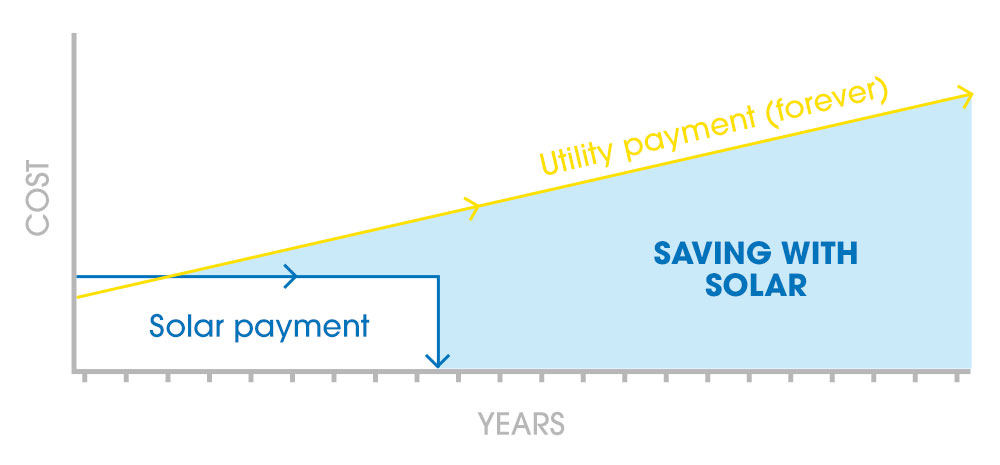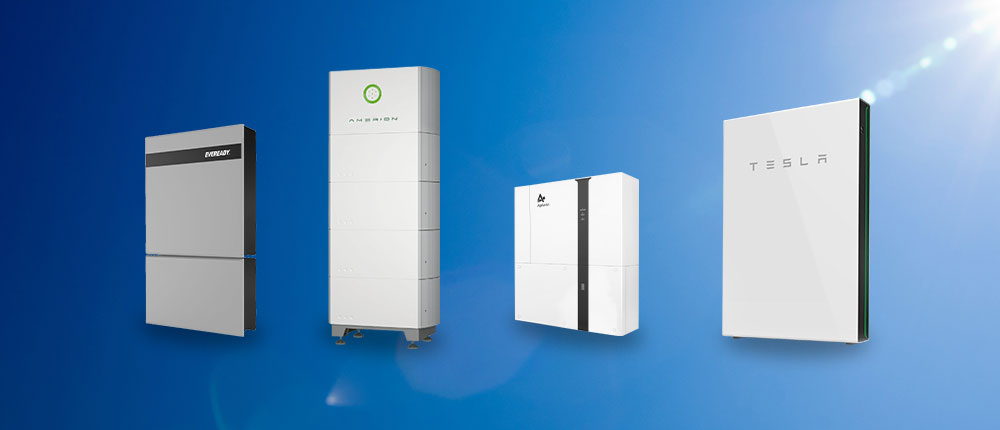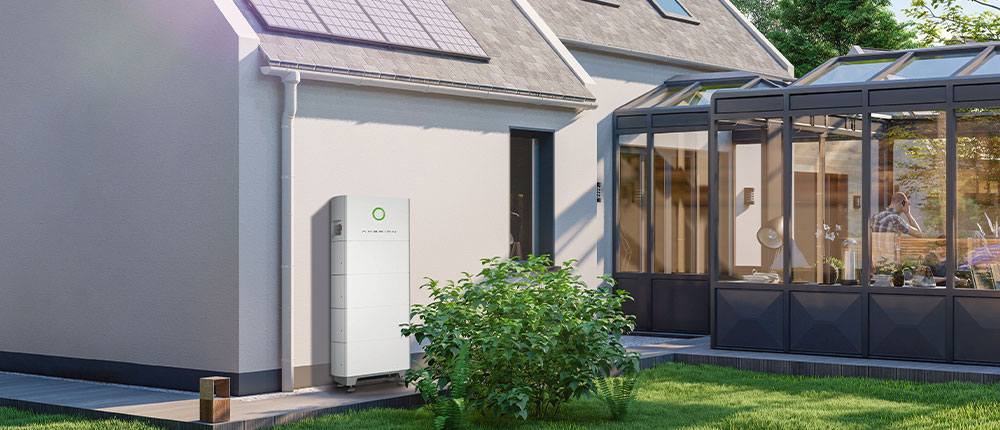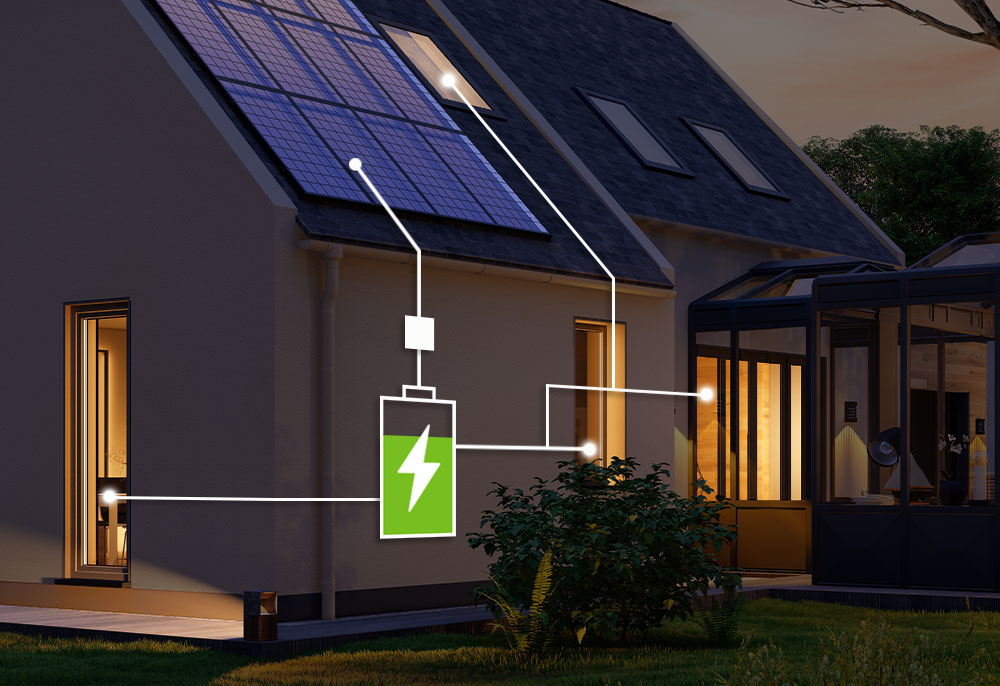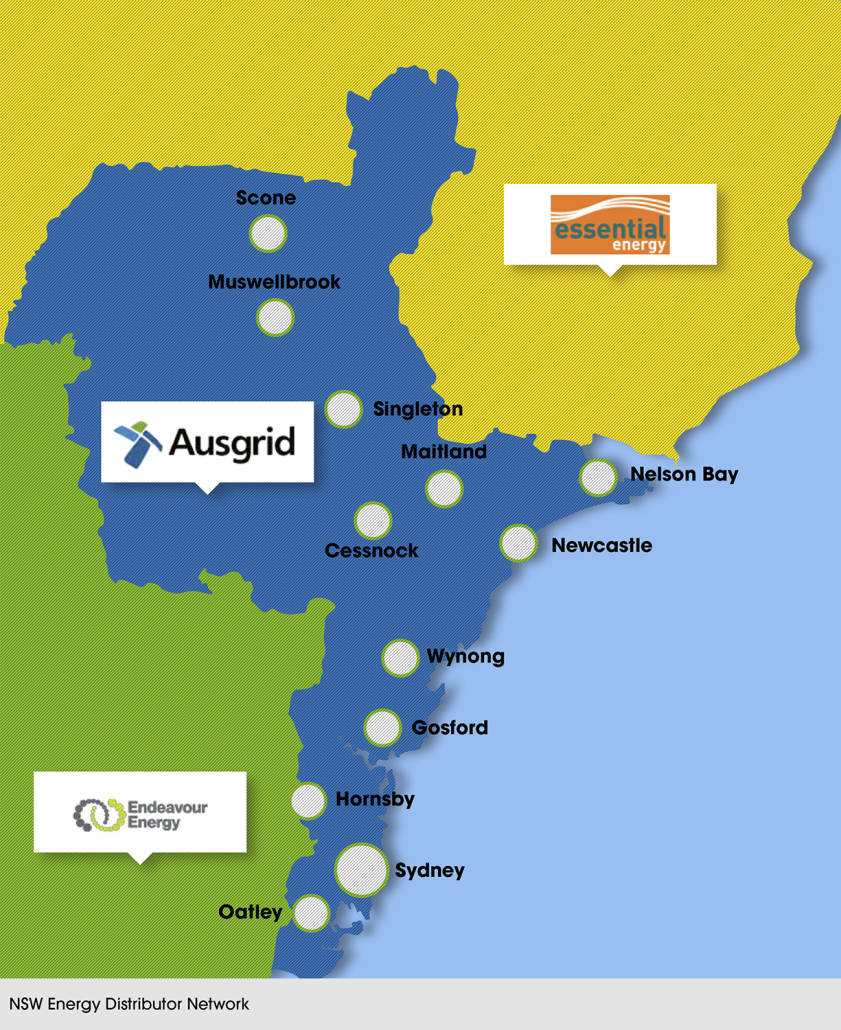Solar power and renewable energy are a growing movement across Australia. More businesses are joining this progressive wave, understanding the value of sustainable energy solutions.
If you’re a business owner in Australia who is keen on reducing operational costs, enhancing energy security, and contributing to environmental sustainability, this blog is for you.
Continue reading to discover the five benefits of solar batteries for businesses in Australia.
But first, let’s get clear on:
How Solar Batteries Work
In simple terms, solar batteries store surplus energy produced by your solar panels during the day. This stored energy can then be utilised when your business needs it most.
By integrating solar batteries with your solar panel system, you can maximise your use of renewable energy, reduce reliance on the grid, and enhance your energy supply’s overall efficiency and reliability.
Businesses who opt to install a solar battery can expect the following benefits:
businesses with solar batteries can choose to use their stored solar energy during peak demand times, avoiding higher electricity rates typically charged during these periods.
Significant Cost Savings
The main attraction of solar battery installation is the power it gives you over your energy bills. Solar batteries store excess energy generated by your solar panels during the day, allowing your business to use this stored energy during peak hours when electricity rates are higher. This gives you significant cost savings and control over your expenses.
In addition to significant cost savings, businesses with solar batteries can choose to use their stored solar energy during peak demand times, avoiding higher electricity rates typically charged during these periods. This practice, known as peak shaving, can also lead to substantial cost savings.

Enhanced Energy Security
Solar batteries provide more than just power; they provide peace of mind. They are a reliable backup power source during outages, ensuring critical operations continue without interruption. This is particularly important for businesses that rely on a constant power supply to maintain operations and avoid costly downtime.
With solar batteries, businesses can store enough energy to be self-sufficient for extended periods, reducing dependence on the grid and enhancing energy security.
Improved Sustainability and Corporate Image
Using solar batteries reduces your reliance on fossil fuels, lowering your business’s carbon footprint. This contributes to a cleaner environment and helps combat climate change.
This practice can enhance businesses Corporate Social Responsibility (CSR) profile by investing in renewable energy solutions like solar batteries. This helps build a positive corporate image and attracts environmentally conscious customers and investors.
a solar energy system with battery storage can make the property more attractive to potential tenants.
Government Incentives and Rebates
The Australian government offers various incentives and rebates for businesses that invest in renewable energy solutions, including solar batteries. These financial incentives can significantly reduce the initial investment cost and improve the return on investment.
Businesses can also benefit from tax deductions and credits for installing solar energy systems and batteries, further reducing the overall cost and enhancing financial returns.
Increased Property Value
Properties with solar energy systems, including batteries, are often valued higher than those without. This increased property value can significantly benefit businesses that own their premises.
For businesses that lease out commercial space, having a solar energy system with battery storage can make the property more attractive to potential tenants looking for sustainable and cost-effective energy solutions.
Integrating solar batteries into your business’s energy system offers numerous benefits, from significant cost savings and enhanced energy security to improved sustainability and access to government incentives.
As energy prices continue to rise, now is the perfect time for businesses in Australia to invest in solar batteries. Solar Battery Group is here to help you find the best solar battery solution for your business needs. Contact us today or request a call back here to learn more about how solar batteries can transform your energy management and drive your business towards a sustainable future.



